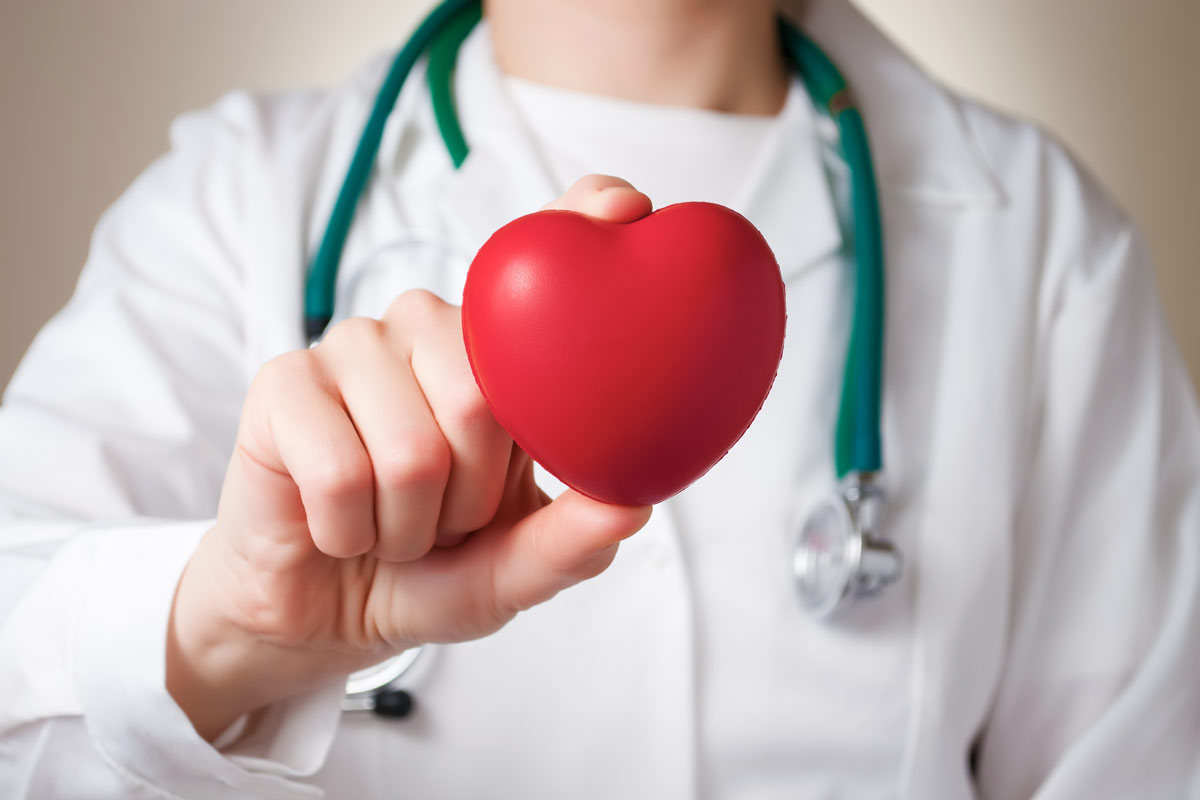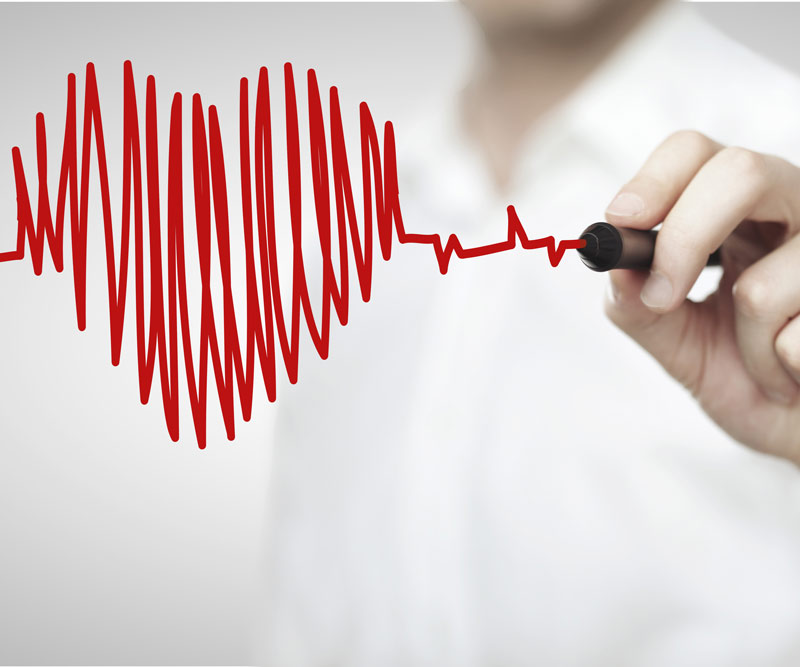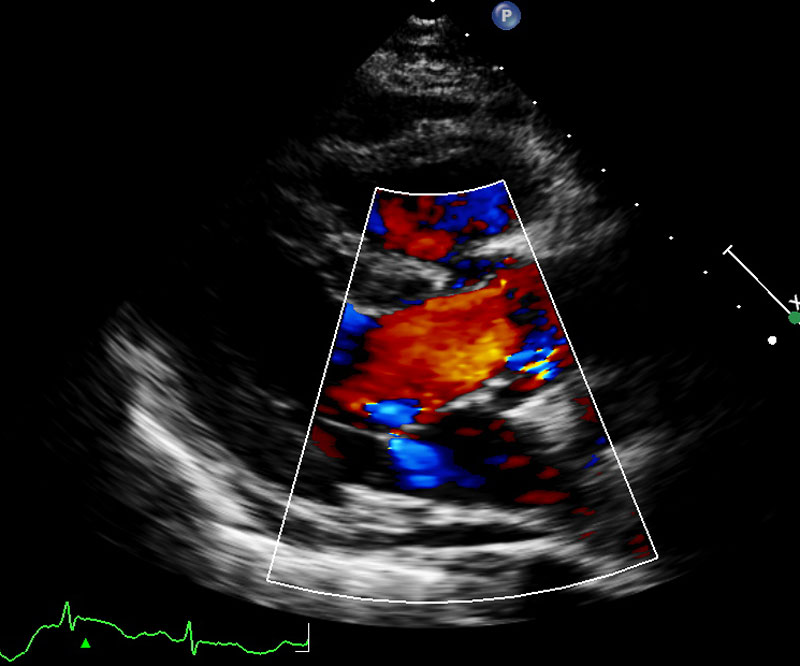
What is a Cardiologist?
Though the heart only weighs about 11 ounces, this incredible organ pumps an astonishing 2,000 gallons of blood every single day. A kitchen faucet would have to be left on high for more than 45 years to equal the amount of blood a heart pumps in a lifetime!
The heart is one of two organs and the only muscle that our body depends on to function every single day. When something doesn’t seem right, it is critical to visit a specialized professional – your life could depend on it!
What is a cardiologist?
A cardiologist is a doctor that has extensive specialized training in diagnosing, treating and preventing conditions and diseases of the cardiovascular system, which is composed of the heart and its blood vessels. Your cardiologist will work together with you and other health care professionals to devise a treatment plan designed for your individual needs.
What does a cardiologist do?
Cardiologists deal with all the maladies that can take hold on the heart, from any age ranging from in utero all the way to very elderly. These maladies range from structural heart defects to heart attacks to heart rhythm disorders to heart valve problems or pump failure, among others.
Cardiologists are not normally surgeons; however, some specialize in cardiac catheterizations or installing pacemakers.
When do I need to see a cardiologist?
You don't need to see a cardiologist unless deemed necessary by your primary care physician.
However, everyone should be screened for the major risk factors that cause heart disease – diabetes mellitus, hypertension, dyslipidemia – beginning in their 20s.
Once individuals reach about 40 years old, they should visit their primary care physicians annually to be screened for the same conditions.
Primary care physicians refer persons of any age to visit a cardiologist if it seems they are having symptoms related to heart problems. Symptoms often include shortness of breath, chest pains or dizzy spells.
Cardiologists also are experts in treating rhythm disturbances, heart attacks and heart failure. In addition, their expertise is required when considering other heart procedures, like balloon angioplasty, heart surgery and cardiac catheterization.
What are some tests my cardiologist may recommend or perform?
Upon visiting your cardiologist, it’s normal for your doctor to review your medical history and perform an examination that includes measuring your blood pressure, checking your heart rate and listening for any heart abnormalities.
After these initial tests, some problems may be diagnosed and treatment plans may be given, to include:
- Ambulatory ECG. Because irregular heartbeats can occur from time to time, an ambulatory echocardiogram (ECG) monitors and records the electrical activity of your heart during everyday activities.
- Cardiac catheterization. This test checks the blood flow in the coronary arteries and the function of your heart by inserting a flexible tube, or catheter, into the surrounding blood vessels.
- Carotid ultrasound. This painless procedure determines how narrow your carotid artery is compared to how quickly the blood is flowing through the same artery. Your cardiologist will likely prescribe this if they suspect that you have suffered a stroke.
For more-complicated matters of the heart, your cardiologist may suggest additional testing before he or she suggests lifestyle changes or prescribes medicine.
What are some specific areas of expertise?
A cardiologist can have a specific area of expertise, which can include:
- Interventional cardiology. Focuses on catheter-based treatment of structural heart diseases, including balloon angioplasty and stent placement.
- Electrophysiology. Specializes in diagnosing and treating the heart by studying the electrical activities of the heart and determining the cause of an abnormal rhythm.
- Nuclear cardiology. Extensive training in noninvasive techniques to study the way blood flows in the body.
- Echocardiography. Well-versed in using a sonogram to study 2D, 3D and Doppler ultrasound to create moving images of the heart.
What questions should I ask my cardiologist?
Remember, your cardiologist wants you to understand your condition and be an active participant in your health care plan. If you had any additional testing, ask the doctor to review the results, and ask him or her to explain them to you. Do some research on your condition and possibly discuss how the general diagnosis could affect your daily life, along with your short-term and long-term plans.
The cardiac specialists of Hawaii Pacific Health offer expertise in heart and vascular services for all stages of life, from birth through adulthood. Our team of doctors and support staff provide comprehensive and well-coordinated care for each patient, every time.
To learn more, click here.
Published on: February 8, 2016



